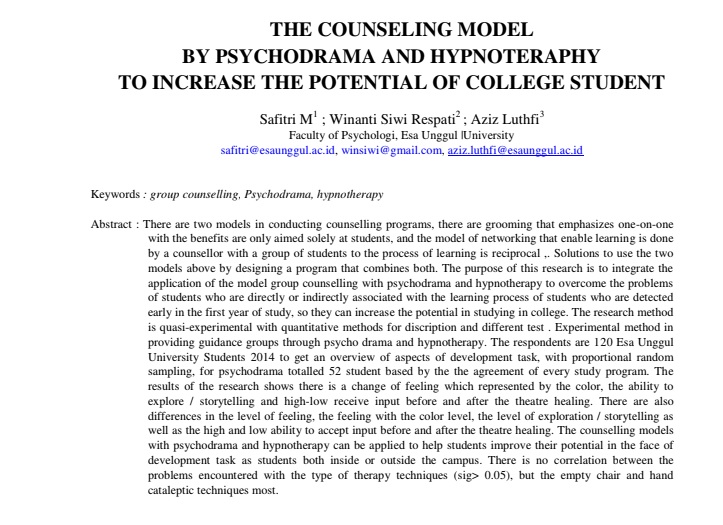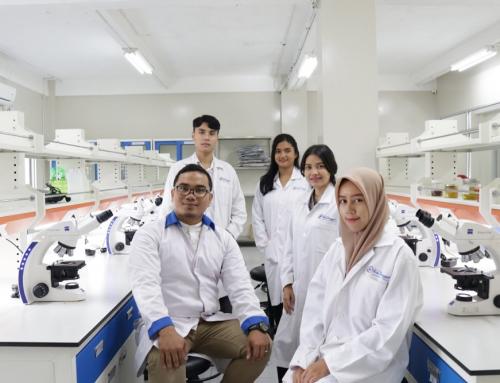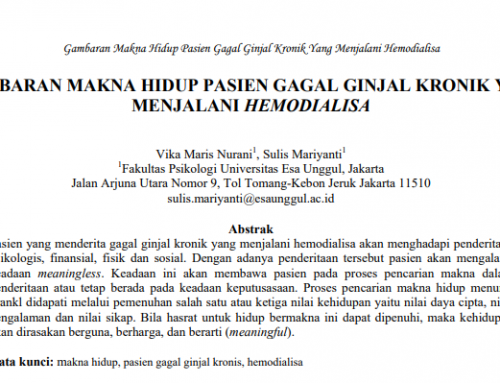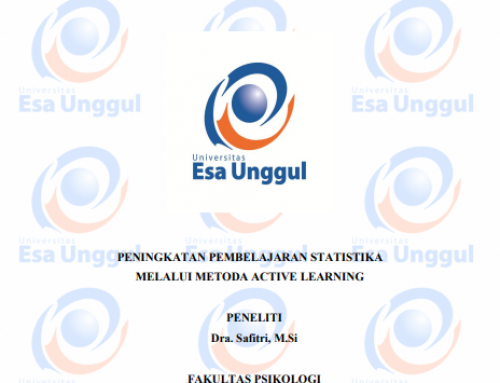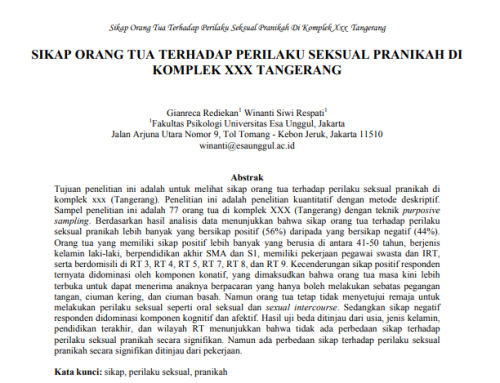The Counseling Model By Psychodrama And Hypnoteraphy To Increase The Potential Of College Student
Description:
There are two models in conducting counselling programs, there are grooming that emphasizes one-on-one with the benefits are only aimed solely at students, and the model of networking that enable learning is done by a counsellor with a group of students to the process of learning is reciprocal ,. Solutions to use the two models above by designing a program that combines both. The purpose of this research is to integrate the application of the model group counselling with psychodrama and hypnotherapy to overcome the problems of students who are directly or indirectly associated with the learning process of students who are detected early in the first year of study, so they can increase the potential in studying in college. The research method is quasi-experimental with quantitative methods for discription and different test . Experimental method in providing guidance groups through psycho drama and hypnotherapy. The respondents are 120 Esa Unggul University Students 2014 to get an overview of aspects of development task, with proportional random sampling, for psychodrama totalled 52 student based by the the agreement of every study program. The results of the research shows there is a change of feeling which represented by the color, the ability to explore / storytelling and high-low receive input before and after the theatre healing. There are also differences in the level of feeling, the feeling with the color level, the level of exploration / storytelling as well as the high and low ability to accept input before and after the theatre healing. The counselling models with psychodrama and hypnotherapy can be applied to help students improve their potential in the face of development task as students both inside or outside the campus. There is no correlation between the problems encountered with the type of therapy techniques (sig> 0.05), but the empty chair and hand cataleptic techniques most.
Author:
- Safitri M
- Winanti Siwi Respati
- Aziz Luthfi
Source:
International Conference on Recent Innovation 2018

